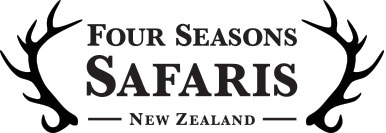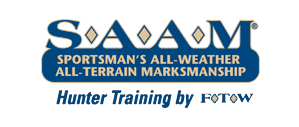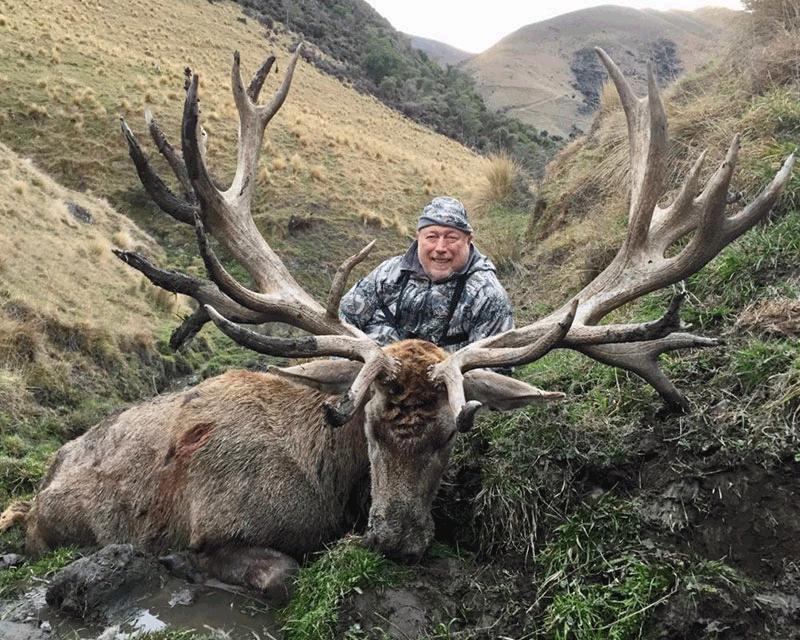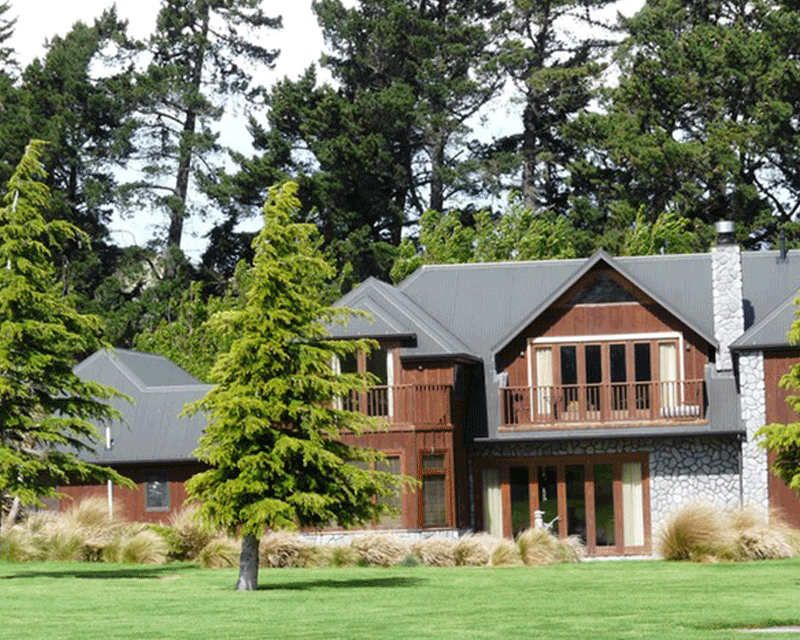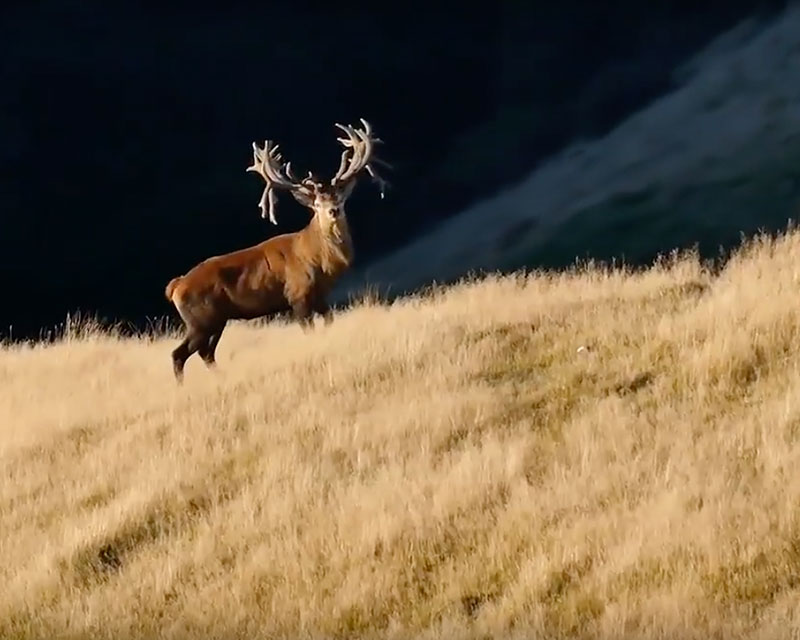Hunting Guidebook
Preparing for your hunt
Hunting in New Zealand will be a lifetime memory. To make sure you have the very best experience while on safari with us we suggest you are well prepared. We are here to help so please read through our important list below. This will be a game changer, you will be so pleased you took a few minutes to read over our suggestions.
The more practice you get in prior to coming to NZ the more successful your hunt will be. We highly recommend you get in as much practice as possible. Shoot at various distances, shoot from different positions and angles when possible, and practice shooting when your heart rate is up! There are shooting schools that you can attend to hone and sharpen your skills and we recommend finding a shooting school near you to gain extra knowledge and skills – SAAM Precision Shooting
Guidelines:
Be proficient shooting out to 300 yards with your rifle.
Be proficient shooting out to 60 yards with your bow.
Not all hunts with us are strenuous, but there are a number that can be. It is best to come in the best physical shape as possible to help you enjoy your hunt and bring you the best opportunity for success. Find an exercise program that is right for you and give yourself plenty of time to train and prep for your hunt. If you are unsure of the terrain and style of hunting don’t hesitate to ask us what may be best for you.
Check out SAAM precision shooting and all-terrain marksmanship training courses here.
Travel & Weather
There are direct flights on Air New Zealand from Los Angeles, San Francisco and Houston to Auckland New Zealand. This is approximately a 12-14 hour overnight flight. You will clear customs in Auckland and then take a connecting flight to the South Island, to the garden city of Christchurch. This is a short 75 min flight. Your guide will pick you up from Christchurch International airport or from your desired Christchurch accommodation depending on the start date of your hunt. Many clients choose to arrive a day before their hunt starts to acclimate. New Zealand is in the Southern hemisphere so our seasons are opposite to that of North America. The weather is very changeable during hunting season and at short notice we can have four seasons in one day.
Summer – Dec/Jan/Feb between 65-85°F
Autumn – Mar/Apr/May between 50-65°F
Winter – Jun/Jul/Aug between 35-55°F
Spring – Sep/Oct/Nov between 45-60°F
Check out the local weather forecast here.
Our preferred travel company is Esplanade Travel.
Firearms Information
New Zealand is a hunter friendly destination. Visitor firearms import is generally very straight forward, however the NZ Police have been updating their systems for importation of firearms due to the 2019 Christchurch terrorism attack. Prior to your hunt we will provide you with the appropriate documentation to submit to the New Zealand airport police. Upon arrival, clearing customs and declaring your firearm, a firearms permit will be ready and issued to you. If you are traveling to or from another country before coming to New Zealand please check with us regarding other country regulations. The importation of firearms may not be allowed through various countries.
Popular calibres are the .270, .30-06, 7mm up to .300 Win Mag with good optics. Shots will vary from 100-350 yards.
Our guides have a variety of reliable firearms, left and right-handed available to clients who do not wish to bring their own.
The application process
- Access the online application using the RealMe login you created (get a login here)
- Complete all sections of the application
- Upload your photo (as described in the section above)
- Upload a scanned copy of your passport ID page
- Upload a scanned copy of your firearms licence for your home country
- You will need to provide details on:
- the purpose of your visit
- all firearm activities you will participate in during your stay
- all types of firearms that you intend to use during your stay in New Zealand.
- Provide the details of the New Zealand firearms licence holder(s) that you will be storing firearms with while you are in New Zealand. The required details are:
- their New Zealand firearms licence number (We will provide once you are booked with us)
- the name and email address of the New Zealand firearms licence holder
- Pay your visitor firearms licence application fee of NZ$25 by credit card
- Consent to the Police making inquiries to determine if you are a fit and proper person to be in possession of and use firearms in New Zealand and authorise any person approached by the Police in this matter to release or disclose all relevant information.
Note: Once your application for a visitor firearms licence has been approved, you cannot make any changes to your arrival date and/or your departure date. If you need to change either of these dates, you will need to re-apply for your visitor firearms licence including paying another application fee.
Clothing & Equipment
Boots
Suitable for mountain hiking, waterproof, heavy sole with a heel (do not bring flat sole boots as these can be treacherous in our hills) and they must be well broken in before you arrive. Additional light boots/road shoes for camp use are also useful.
Gaiters
Foot hunting Tahr and Chamois are a must and be of Gortex type, to keep water, snow and debris out of your boots when foot hunting Tahr and Chamois.
Trousers
1 pair of warm hunting pants and long johns, 1 pair of light hunting pants and/or polar fleece bottoms. Blue jeans and cotton are NOT ideal for NZ hunting conditions. Sitka and Kuiu gear or the likes are ideal.
Over-trousers
Wind/rainproof over-trousers are essential.
Shirts
2 heavyweight warm (wool preferred or polar fleece) shirts and 1 light shirt
Polar Fleece Top
Or wool jersey, or good fleece – wind stopper is a necessity here in New Zealand
Hat/ Gloves
1 wool or insulated cold-weather hat, 1 sun hat (peak cap or brimmed hat). 1 pair of gloves suitable for cold weather hunting is essential.
Jackets/ Insulated Vest
Wind/rainproof jacket – essential of camoflauge color, insulated layer optional, though can become useful especially in May through August our winter. You are better to have layers that you can shed when it warms up, rather than heavy clothing. Insulated vest is recommended May – September.
Four Seasons Apparel
We sell top quality NZ made Swazi windbreaker vests and a Stoney Creek fleece windbreaker pullover which are ideal in NZ conditions sporting the Four Seasons logos.
Underclothes/ Socks
Minimum 2 heavyweight “T” shirts for cold conditions and 1 lightweight “T” shirt. 5 pairs of underpants and 1 pair of long john’s. (Polypropylene or Under Armour mountain gear recommended.) Cotton is no good unless hunting in our summer or early fall through March. Warm socks for hiking in cold conditions, wool are best, as they will get wet.
Rain gear
A top and bottom is highly recommended. The weather in New Zealand can change very quickly and staying dry is important when hunting in the elements.
Personal Hunting Equipment
Rifle and Soft Case
Firearms are very easy to bring into and out of NZ. Please make sure you also bring a soft rifle case inside your gun case, as this is how your rifle will travel with us while we are travelling out hunting, as they can get knocked around. Suitable calibers for all NZ species are .300’s, .7mm etc, ammunition minimum 60 rounds and no less!
Those of you going after Wallabies, the .223 is ideal, bring at least 100 rounds.
Practice long shots up and downhill from a lie down position as this is how 90% of your shooting will be.
Your rifle should be sighted in for 200 yards, with good quality projectiles of suitable weight. (130 or 150 grain for the .270W, 160 for the .7mm, and 180 for the .300 seem about right). A good quality scope is ESSENTIAL.
- Bi-pod – A bi-pod on your rifle is a valuable asset when hunting the hills in NZ!
- Binoculars
- Bi-pod – A bi-pod on your rifle is a valuable asset when hunting the hills in NZ!
- Spotting scope
- Ranger finder
- Cameras
- Spare batteries/chargers
- Adapters
- Scope covers
- Earplugs etc.
- Personal, toiletries, medicines & medical gear
- Sunglasses (snow glare)
- Small day backpack
- Water bottle
- Headlamp is a must with a spare headlamp
- Sleeping bag Liner (cabin and campout hunts)
Bow
Broadheads bring plenty, shafts min of 2 dozen, any necessary spare parts and accessories, range finder etc.
Four Seasons Safaris supplies..
Cooking and eating utensils, first aid, Satellite phone, G.P.S, Emergency Locator Beacon, food, tents, sleeping bags (if you require) and pads if we are planning on camping out and any other necessary equipment.
* Four Seasons Safaris can also supply you with a rifle or shotgun should you choose not to bring one.
The weather is extremely changeable and can vary from hot/dry/sunshine to blizzard conditions with little OR NO warning. Light jackets and over-trousers that can be carried are valuable. Outer garments, hats, etc should be of subdued colors or green/brown camouflage.
ENSURE that you have sufficient warm clothing, the above list is the MINIMUM. If you do have too much the excess can be safely stored while you are hunting. Also, bring casual clothes for before and after the hunt.
Please notify us if there is particular equipment that you require from us before you arrive, as we need you to be prepared and ready to head to the mountains at the start of your hunt.
You are now well prepped for your safari with us. We are looking forward to hunting with you real soon on a safari of a lifetime!
Taxidermy and Expediting of your trophies
‘Calibre Taxidermy’ offers a full taxidermy and expediting service. Your trophies will be field prepared by your guide and taken to our cooling unit. Upon the completion of your hunt our professional and experienced taxidermy team will assist you through the process of getting your trophies home. Sculpturing every individual mount by hand, creating a lifelike masterpiece.
Passport and Visa
A Passport while travelling overseas is mandatory, please make sure you have one and make sure yours has not expired, you must have at least 3 months on your passport before it expires to travel.
Non Residents traveling into New Zealand will require an Electronic Travel Authority (ETA). Application for an ETA is a simple 10 minute online process.
Use this link to access the Immigration NZ ETA information and application web page: NZ ETA.
This brings New Zealand in line with USA and Canada for travel authority for inbound travellers coming into the country from partnered Visa Waiver countries:
(USA & Canada).
Insurance
It is policy and a mandatory requirement of Four Seasons Safaris that when booking your safari you obtain suitable travel, medical and more so, cancellation insurance. It is a small price to pay for your travel and safari security if in the unfortunate event you need to cancel. A full policy will cover travel delays, lost luggage, hunt cancellation, emergency travel and medical treatment in the unfortunate case of health problem. Please travel with these documents to assist you if required. We highly recommend contacting Esplanade Tours for an insurance quote.
For insurance quotes click here.
Arrival Information
Welcome “Hare Mai” (our native “Maori” translation)
On arrival at Auckland, make sure to declare items listed on the form you receive on your plane ride in. Your firearm, boots, knives, etc.. as customs will want to see these items. Ensure your packed boots and knives are clean and in an accessible part of your checked baggage.
PLEASE NOTE – If your firearm has mercury anywhere it WILL NOT be allowed on the aircraft as the X-ray machines pick it up.
Once you have picked up your luggage and cleared customs you will need to make your way to the international transfer counter to drop off your luggage for your domestic flight down to Christchurch. Your luggage should already be tagged to Christchurch. The transfer counter is on your right as you exit the arrival hall.
If you have any flight delays forcing a tight time frame getting to your domestic flight, you may not be able to put your luggage on the transfer counter, you may have to take it personally to the domestic terminal. This is a short 15 minute (good way to stretch your legs) or shuttle bus (runs every 20 minutes) between the international and domestic terminals.
Once outside the International terminal, turn right you need to follow the painted GREEN line on the footpath, this will guide you to the domestic terminal. If you miss your connecting flight to Christchurch, do not panic, as there are several flights throughout the day to Christchurch. Go to the airline counter at the domestic terminal and get them to re-ticket you on the next available flight.
If this happens to you PLEASE let us know by calling us direct on Shane’s cell 0274-399129 or at home on 03-3186936 if this is the day we are to pick you up.
If you are not being picked up from the airport and you are spending your arrival day in Christchurch please call us in the evening to make sure you have arrived with your luggage and that we can confirm the pickup time and place.
